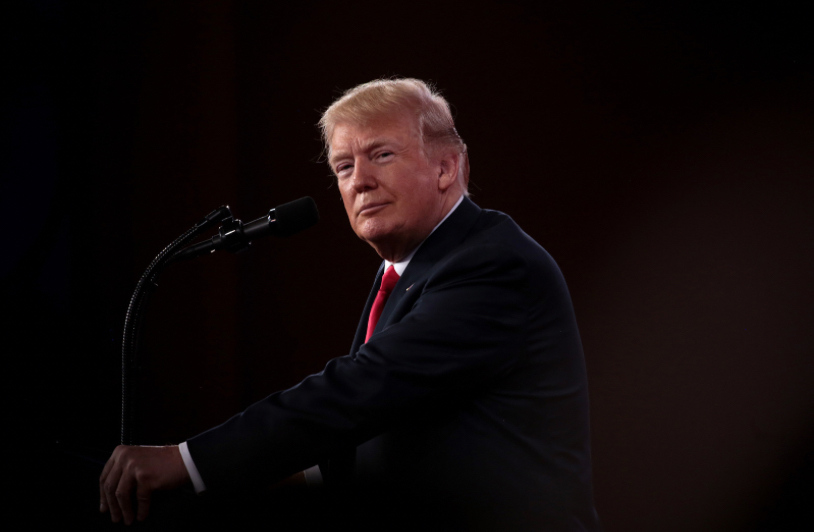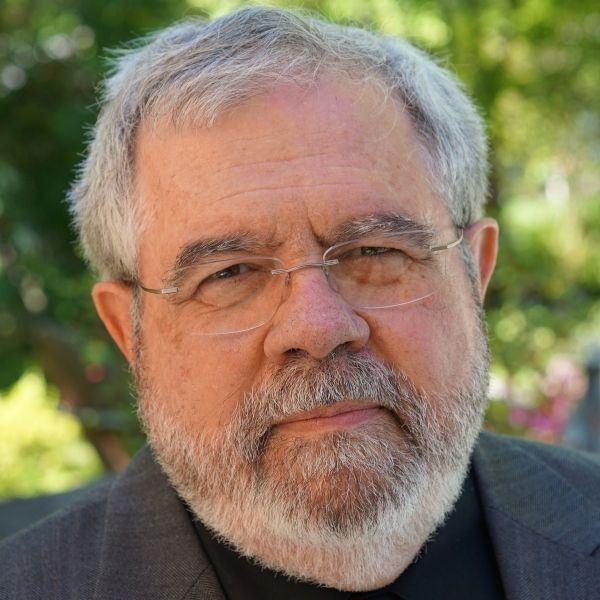The Colorado Supreme Court Ruling That Trump Is Not Qualified for Office Could Be Much Stronger, Our Co-Founder Argues
The Colorado Supreme Court decision Tuesday, barring Donald Trump from the 2024 Republican primary race, ignored the three most relevant words in the 14th Amendment. That almost certainly will greatly benefit Trump in his effort to regain the White House despite his failed coup in 2021.
Don’t expect to hear these three crucial words cited before the United States Supreme Court, which Trump says he will ask to take up the case, or to be the focus of mainstream news reports for reasons I’ll explain.
That Trump gave aid and comfort to the rebellion is indisputable.
The Colorado challenge, one of nearly 20 filed so far, hangs on the 14th Amendment’s lifelong ban on holding office for anyone who “engaged in insurrection or rebellion.”
The 1868 amendment ensured that traitors who joined the Confederacy would never hold any office — federal, state or local — unless granted forgiveness by the grace of Congress.
The Colorado case, brought by six Republicans and one independent, argued that the 14th Amendment’s ban on holding office applies to Trump because he riled up a mob outside the White House and sent them to the Capitol two miles away.
By 4 to 3, the Colorado Supreme Court agreed with this argument. The dissenters don’t dispute that Trump motivated the attack, but argue that Trump was neither charged nor convicted of insurrection, which some United States Supreme Court justices are sure to latch onto, rejecting the idea that the 14th Amendment prohibition on holding office is self-executing.
But proving insurrection or rebellion is a much higher standard than our Constitution requires. That’s because the 14th Amendment prohibition also applies to anyone who gave “aid or comfort” to rebels and insurrectionists.
Indisputable
That Trump gave aid and comfort to the coup attempt is indisputable.
For more than three hours, Trump did nothing to stop the mob sacking our Capitol, shouting “hang Mike Pence,” calling for the murder of Speaker Nancy Pelosi and injuring 150 police officers in his failed attempt to overthrow our government.
Trump didn’t call on federal law enforcement or summon readily available National Guard troops.

Instead, Trump “gleefully” watched the attack on television in a room just off the Oval Office. Stephanie Grisham, the White House press secretary, testified that he even rewound some scenes of violence that he considered especially gratifying.
Because appeals deal with issues raised in lower courts — not issues that could have been or should have been raised — the U.S. Supreme Court is unlikely to examine the “aid or comfort” standard.
The high court will face a sticky problem, at least for justices like Samuel Alito and Clarence Thomas, who claim to act based on the plain meaning of words when they were written into our Constitution. Under their legal reasoning, Trump clearly cannot be on any ballot, the words “aid or comfort” being crystal clear.
Ethics and Recusal
Of course, Thomas should recuse himself given his wife’s declared support for the insurrectionists. Don’t count on the man who eagerly accepts lavish trips and money from billionaires with interests before the court to find his long-lost ethics.
Other 14th Amendment cases are pending in nearly 20 states. More are likely to be filed. Lawyers in those cases could include “aid or comfort” as a backup argument.
Should the U.S. Supreme Court leave Trump on the Colorado ballot through the legal convenience of sending the matter back to the Colorado courts for further consideration, that will leave time for other cases to proceed. If that happens, there is a good chance that the easily established “aid or comfort” standard will determine Trump’s fitness to be on any ballot in 2024.




